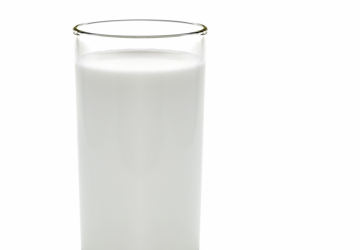Cash-strapped governments at home and abroad are looking again for new sources of revenue, and they think they’ve found a cash cow (yet again) in the soda tax. France recently passed a tax increase on sugar-sweetened beverages, which led one company to cancel a 17 million Euro investment in a plant in the country. The city of Richmond, California wants to put a soda tax on the ballot because, as one city councilman told the local CBS affiliate, “If we don’t intervene, we are going to see rates of adult obesity double in the near future.”
Of course, the evidence indicates that this is yet another case of politicians appearing to do something for the sake of doing something. The biggest reason? A soda tax won’t reduce obesity. One study by researchers from Duke-National University of Singapore found that even a whopping 40 percent tax on soft drinks would yield a not-so-whopping 1.25 pound weight loss over a year. Another study in the U.K. found that a tax of 10 percent would reduce soft drink consumption by 7.5 milliliters per day (if it’s all regular soda, that converts to an earth-shattering 3 calories, or a fraction of one percent of the amount of calories in a pound of body fat).
After all, if soda taxes were some miracle obesity cure, shouldn’t West Virginia (which has slapped soft drinks with an excise tax since 1951) be among the least-obese states in the country? (It’s in the top 5.) Arkansas also taxes soft drinks, and it too makes the top ten list for obesity.
That hasn’t stopped the original “Twinkie Tax” theorist Kelly Brownell and the killjoy brigade at the Center for Science in the Public Interest from targeting soft drinks for discriminatory taxation. The “public health” establishment might say that current taxes just aren’t high enough, but two economists used a study estimate to show that an “effective” anti-obesity tax might have to approach $10 per can (well beyond political or practical feasibility).
Obesity won’t be reduced by attacking one calorie source that makes up only seven percent of the average person’s energy intake, especially when the evidence linking sugary drinks to obesity increases is much weaker than the activists claim. A calorie is a calorie, after all, and there are plenty of fat people who don’t drink soda (and slim people who do). A real solution would lie in educating people about exercise and lifestyle physical activity, not taxing all soft drink buyers until they’re part of les misérables.




